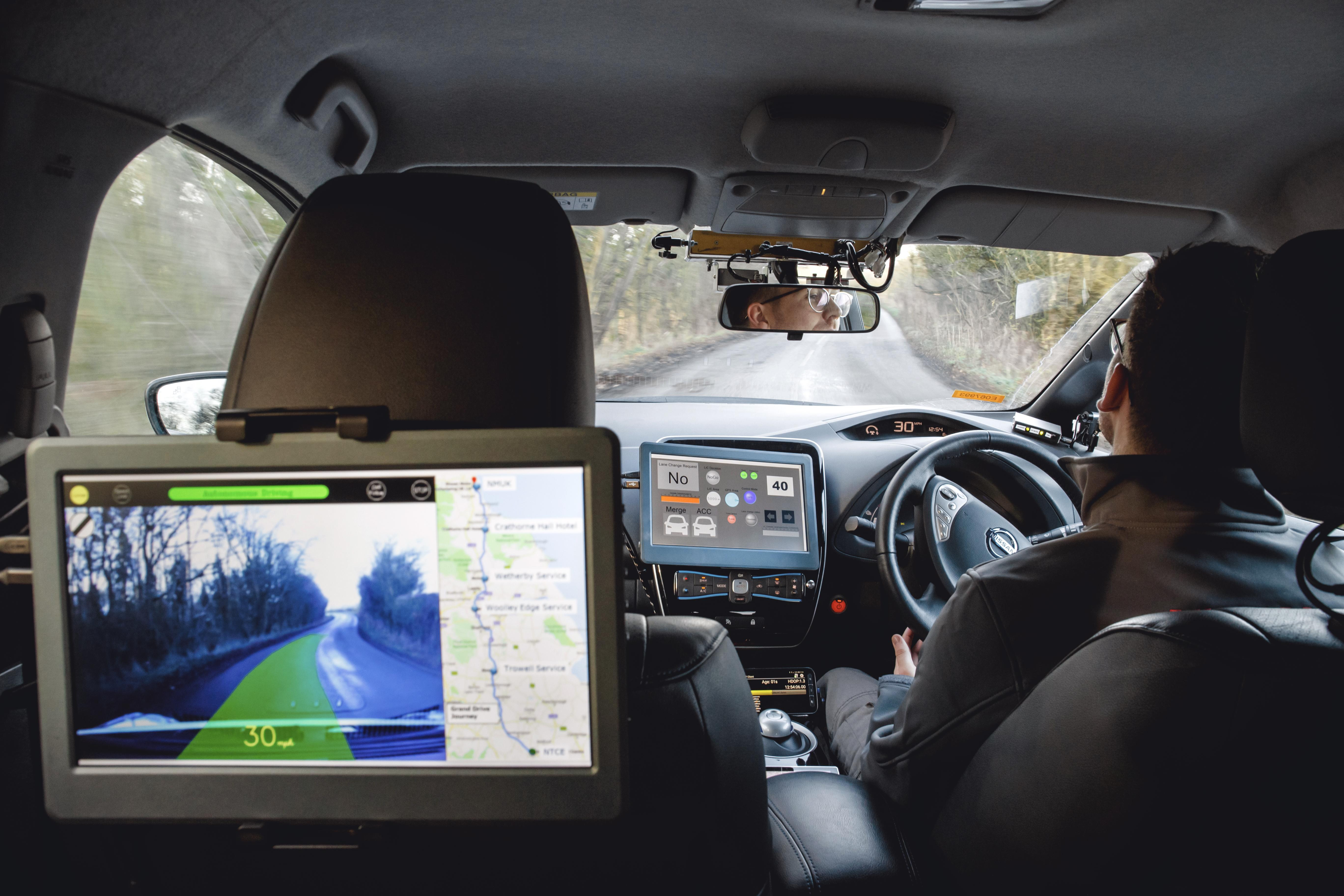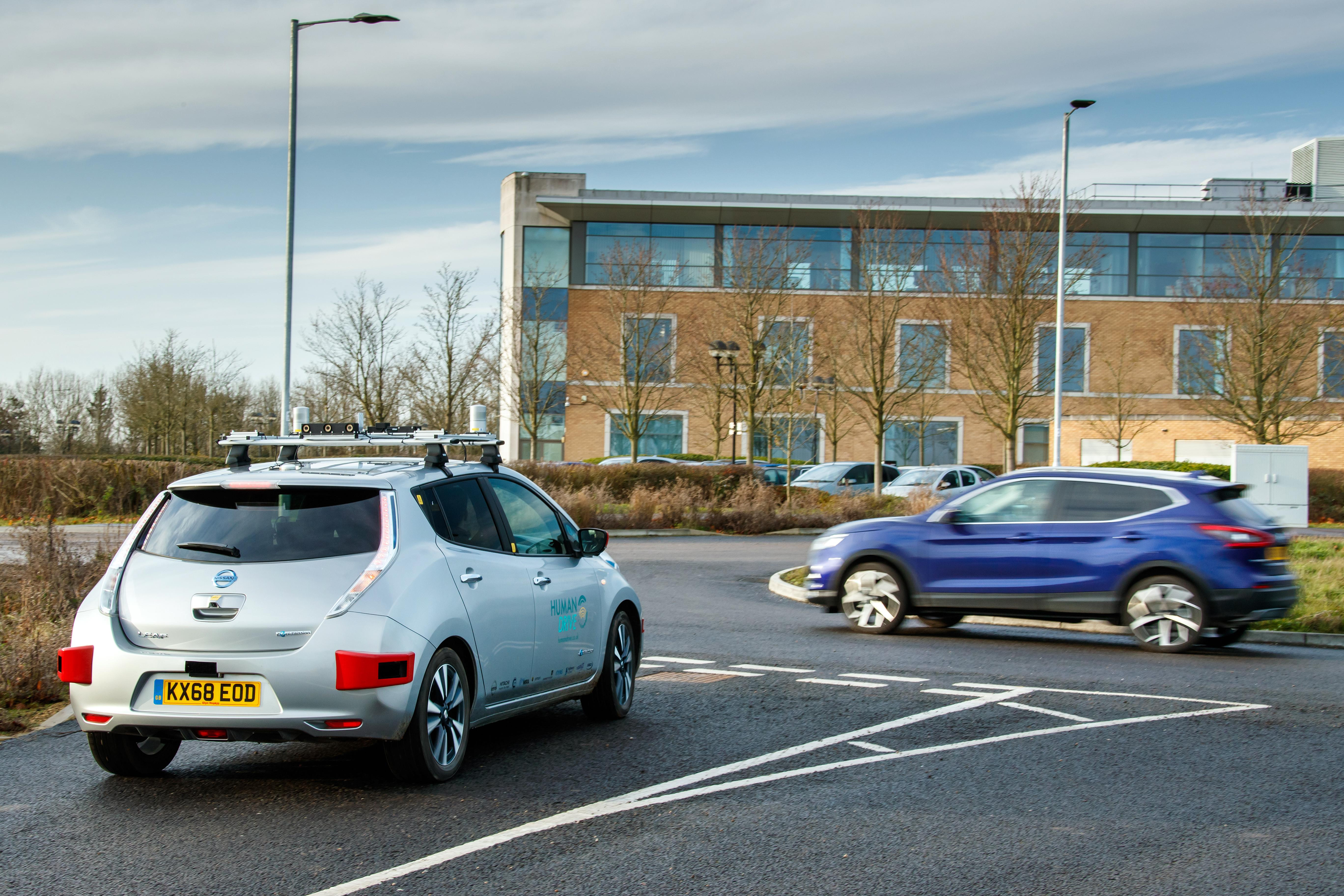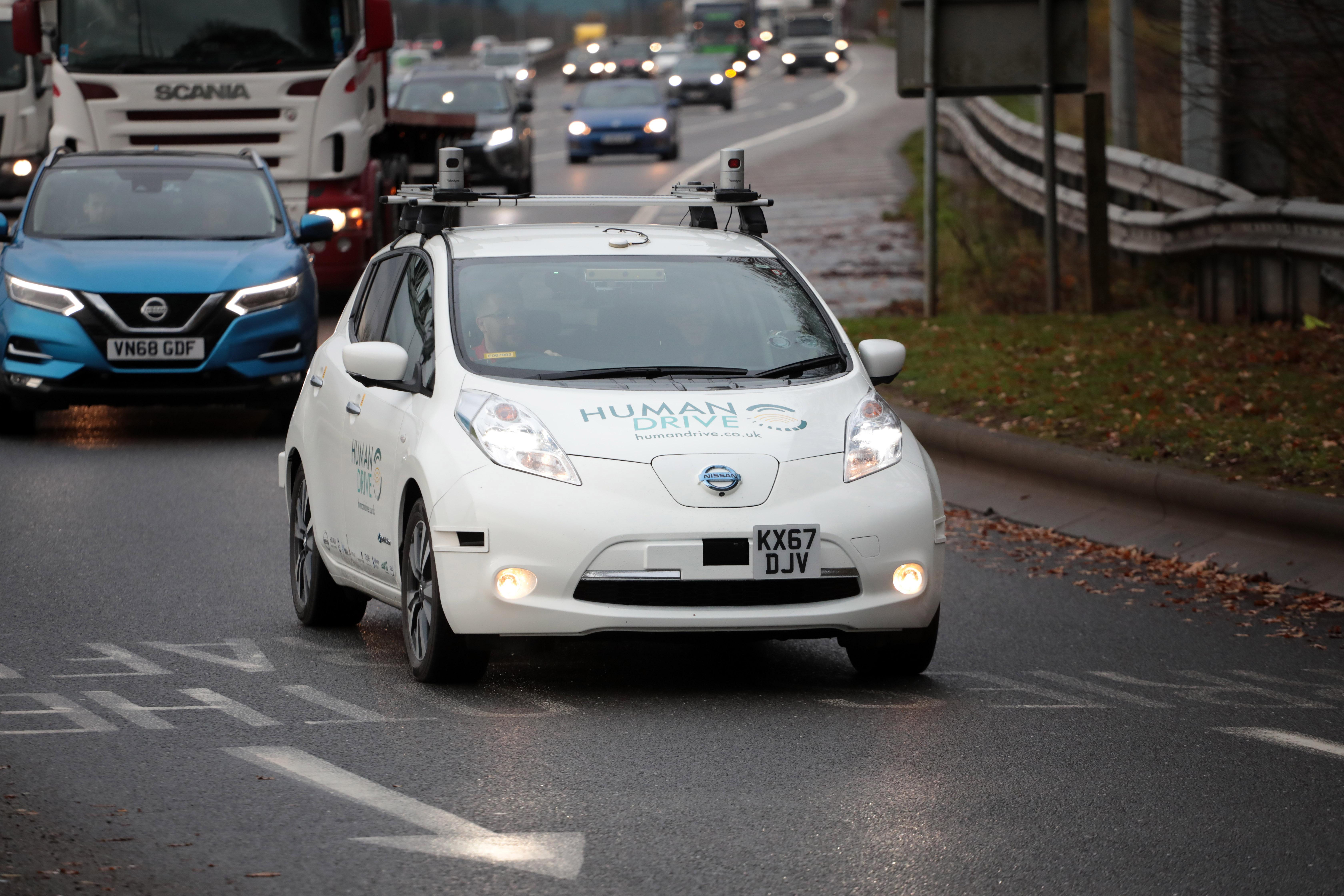What do I need to know about autonomous cars?

Autonomous vehicles - or ‘self-driving’ cars - have become a big talking point. A new Automated Vehicles Bill - which was proposed as part of the King’s Speech recently - aims to speed up the development and use of autonomous vehicles in the UK, helping manufacturers to test out and use the technology on our roads.
But how do autonomous vehicles work and what do you need to know about them? We’re going to go through some of the key pointers.
How do autonomous cars ‘see’ the road ahead?
The technology that self-driving cars use to ‘see’ the road ahead is incredibly complex. However, a good place to start is to understand the different levels of assistance that autonomous vehicles can provide. They’re graded from zero to five; zero means that the driver is in complete control with no assistance, while Level 5 means that the car is completely in control and no driver input is required.
The vast majority of systems use a combination of cameras and sensors to map out the area around them. They also combine this with satellite navigation data to plot a route ahead, while sensors look out for other road users alongside pedestrians, cyclists and motorcycles.

Can I already buy a car with autonomous functions?
Many cars currently on sale already have some form of autonomous assistance. Legislation means that cars aren’t allowed to completely drive themselves, but there are many current models that assist in some way through autonomous technology. In terms of that scale we discussed earlier, current cars on sale offer around Level 2 assistance, meaning that they can help with steering, throttle and brakes but only for very select periods and with the driver full aware of what’s going on.
Most of these systems can be activated at motorway speeds and will actively ‘guide’ a car around bends. However, the driver must be ready to step in at any time and the system cannot be relied upon to fully ‘drive’ the vehicle.
Is there much need for autonomous vehicles?

The Department for Transport (DfT) has stated that autonomous vehicles could help make our roads safer while improving transport links for people who aren’t as mobile as others. The DfT also says that since 88 per cent of road collisions are caused by human error, the widespread use of autonomous vehicles could help reduce road deaths and injuries.
The DfT has also stated that the new Autonomous Vehicles Bill could help establish the UK as a leader in this area of technology and said that it could lead to the creation of up to 38,000 jobs.
When will we see autonomous vehicles on our roads?
Autonomous vehicles are, in fact, already on our roads - though only in very select areas at select times. This is through manufacturers testing their vehicles on the public highway, with one of the biggest drivers in this area - Nissan - testing driverless versions of its electric Leaf in south-east London recently.
It has also started a new project which will see autonomous technology tested in residential areas and on rural roads to see how they cope with less obvious road markings and tighter streets. However, in all of these cases the cars are never on their own - a human operator is always on hand to take over should something go wrong.
So when could self-driving cars be available to buy?
Though the technology is coming on thick and fast, it’s still a little way off from the public market. Testing will be absolutely core to its widespread adoption, which is why companies like Nissan are trying to get in plenty of on-road experience for its technology.
The Automated Vehicles Bill still needs to be passed, too, and that could take many months - if not years.


















